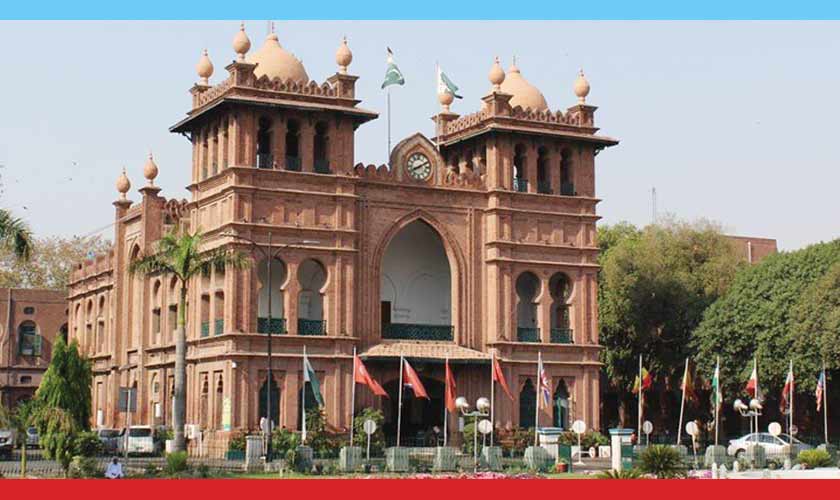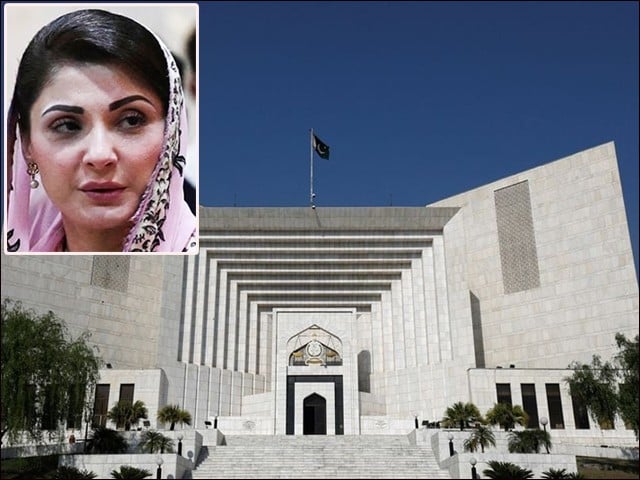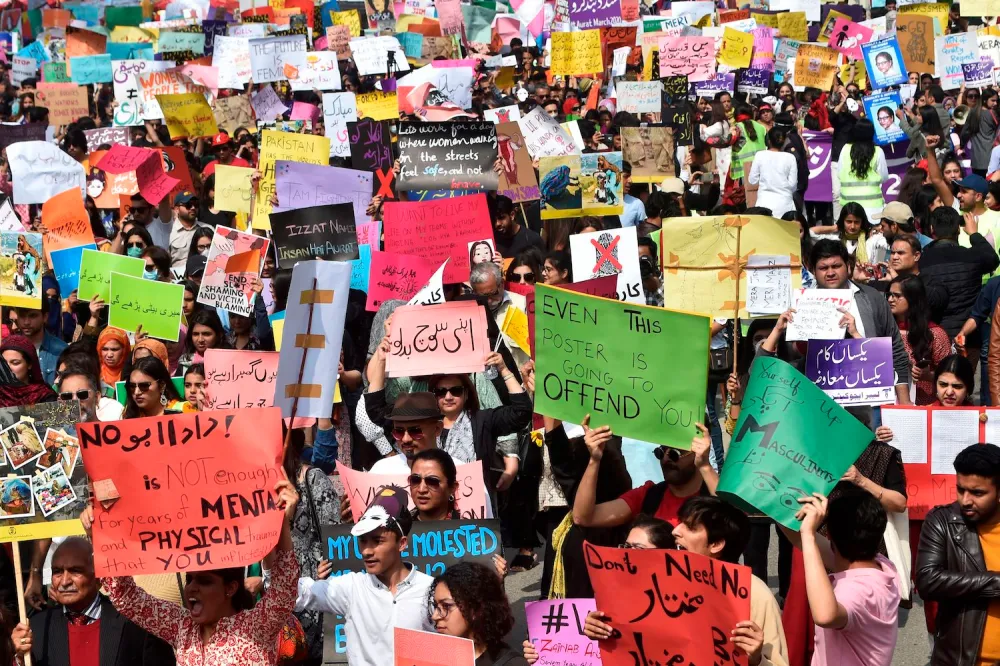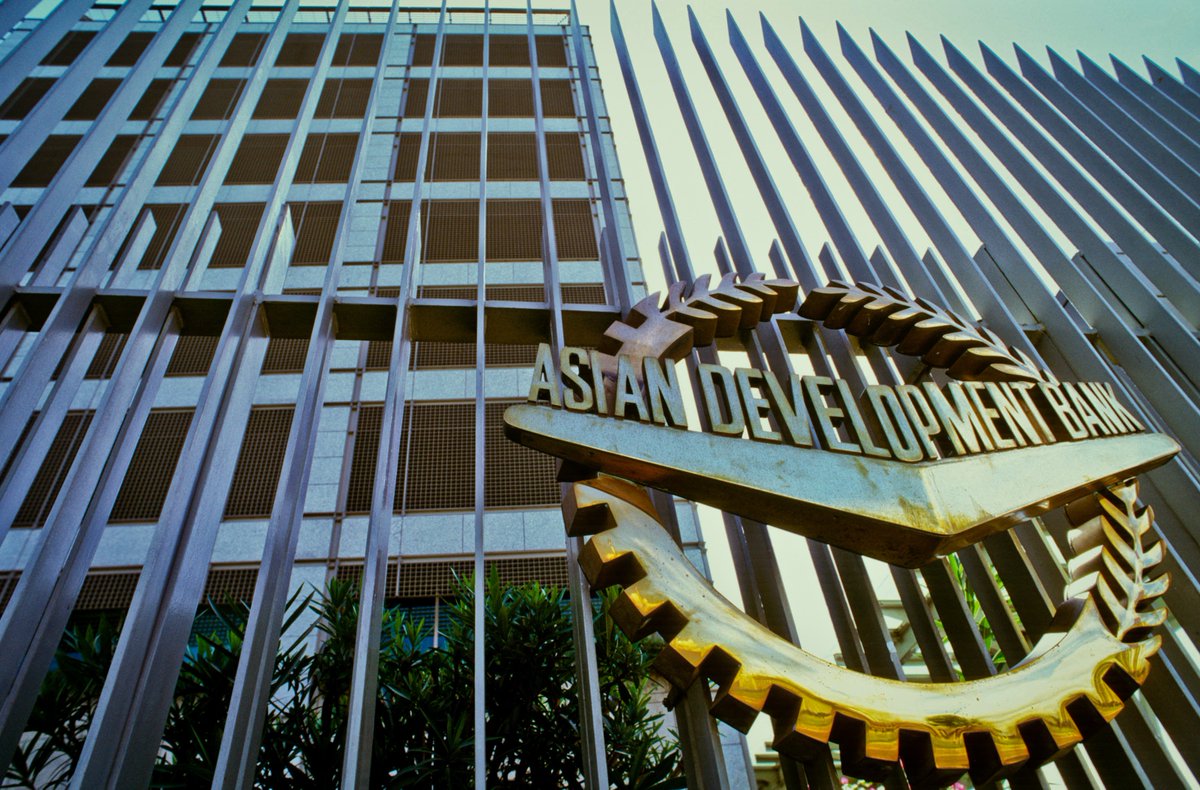Areeb Khawar
Decentralization leads to true democracy in a state. Local government is defined as the governmental body that is responsible for the administration and management of local affairs within a specific geographic area, such as a city, town, or municipality. Local governments are typically responsible for providing public services, implementing local policies, and representing the interests of their constituents. (United Nations Department of Economics and Social Affairs)
Local government, a system directly linked with people and local affairs, has proven successful in various countries. Notably, Canada, Germany, Sweden, Japan, and Norway, among others, have implemented effective local government systems. Even in India, the states of Karnataka and Kerala have demonstrated the benefits of such a system. Similarly, several states in Brazil have successfully decentralized power. However, in developing countries like Bangladesh, decentralization has yet to be fully realized. In Pakistan, the issue of decentralization has long been a topic of debate, with local government needing more constitutional protection than the Federal and Provincial Governments. According to the 18th Amendment to the Constitution of Pakistan, Article 140-A refers to the formation of Local Government, but there is still no constitutional protection for the LGS.
The local Government system was highly promoted during the military regimes of Ayyub Khan, Zia ul Haq, and Musharraf. During the reigns of Ayyub Khan and Zia ul Haq, the local government system in Pakistan was quite different from that introduced during Musharraf’s era. The latter system, with its distinct features, was a significant departure. Power was devolved to local representatives, a move that aimed to empower communities and enhance local governance. However, this system has always been a source of conflict in Pakistan’s history. After the 18th Amendment to the Constitution of Pakistan, the provinces passed local government acts. In Punjab, however, this act was repealed by the PTI Government in 2019. The acts stipulated that elections were to be conducted on a party basis, and the Commissioner system was restored. Delimitation was also part of these acts, allowing the provincial government to remove elected representatives at any time and manage local government funds.
Unfortunately, the local government system in Pakistan has always faced numerous restrictions, many of which are imposed by the Civil Government and Bureaucracy. These restrictions are primarily driven by political and financial concerns, as well as the fear of powerlessness among politicians and bureaucracy.
Despite the challenges, the local government system in Pakistan should be strengthened as it is crucial for the state’s development. A robust local government system can significantly enhance the provision of basic public services such as health, education, and protection. It can also effectively manage local affairs, thereby relieving the burden on the Provincial Government and providing the public with a more organized system. To bring about meaningful change and development in society, it is imperative to support the existence of local government and ensure its Constitutional protection.
Finally, implementing a robust local government system in Pakistan requires a multi-pronged approach at the provincial level. Legislatures must enact comprehensive Local Government Acts that clearly define the powers, functions, and financial resources of local councils. These Acts should ensure a balance between provincial oversight and local autonomy, fostering a spirit of collaboration. Administratively, provincial governments need to empower local bodies with the necessary manpower, training, and infrastructure to manage their responsibilities effectively. Decentralizing service delivery and ensuring timely flow of funds are crucial aspects. Politically, fostering a culture of devolution requires sustained commitment from provincial leadership. Building trust and capacity within local governments, along with engaging citizens in participatory decision-making processes, are essential. By addressing these legislative, administrative, and political considerations, provinces in Pakistan can create a strong foundation for empowered local governments that are responsive to the needs of their communities. This will ultimately lead to improved service delivery, greater citizen participation, and a more robust democratic system at the grassroots level.

















































